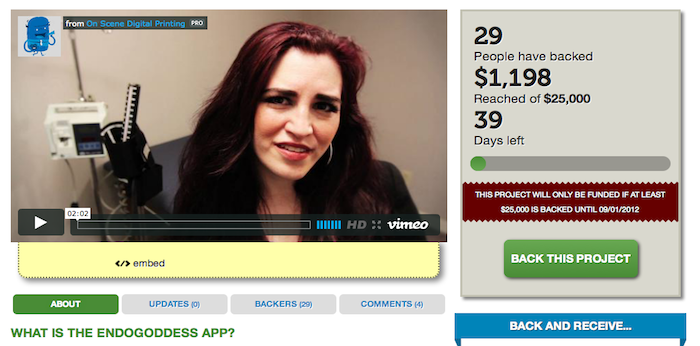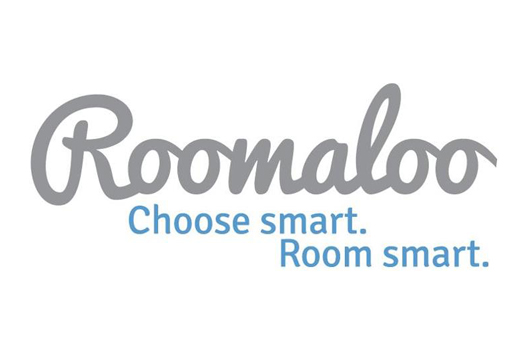One man’s trash is another man’s treasure. Or in the case of Medstartr, the crowdfunding site devoted to raising funds for medtech startups, a golden opportunity. Take this for an example: Dr. Jen Dyer, a pediatric endocrinologist and entrepreneur based in Columbus, Ohio, developed EndoGoddess, a mobile glucose journal app aimed to help people with diabetes earn rewards for keeping their blood sugar levels in check. Dr. Dyer’s product is one of many that did not fit the mold on Kickstarter, the popular crowdfunding website. Enter Medstartr, Kickstarter’s more hands-on, medically-inclined cousin. In a recent interview, Dr. Dyer voiced what’s on the mind of many emerging medtech companies: “Kickstarter is a platform just for consumers, but this for the first time gives patients an equally important say, dollar-wise, as everybody else in the healthcare system,” she said. “I think it’s very empowering for patients to have an equal vote in what they’d like to see, and Medstartr really allows that for the first time in the ecosystem,” she said. Since the site’s launch on July 4th, Medstartr showcases and actively helps fundraise for nine emergent medtech startups, with products that address health problems ranging from cancer and fitness to sexual health, among others. Prior to its launch, many of these companies had no voice in the crowdfunding world. Since then, concepts like Sarah Kucharski’s FMDChat app brings attention to her rare disease, while the “So They Can Know” project promises to stop the spread of STDs by “something like 70 percent,” says Fair. Which begs the question: how did Medstartr decide to turn Kickstarter rejections into medtech opportunities, and why, as founder Alex Fair reported in a recent interview, do non-medical CF platforms actually recommend medical applicants to Medstartr now?
A Hands-On Approach
To Fair, it’s all about the hands-on approach. Besides helping startups shape their project, package it nicely, and leveraging connections between partners, mentors, and interested consumers, the CF site also organizes events to “bring the crowd to crowdfunding,” says Fair, “thus enabling potential funders to meet the entrepreneurs in real life.”
Recognizing the Need
It all began when Fair realized that no one currently serves the crowdfunding medtech community. “I went to put my FairCareMD version 3 Server Upgrade Support project on Kickstarter and realized that they would never let it launch,” says Fair. “I then looked around and saw no one serving the community that my Meetup Group, Health 2.0 NYC served.” (Health 2.0 NYC is a local chapter of a worldwide organization and movement that supports, promotes, and drives innovation in healthcare around the world).
Standing on Shoulders
With a former Kickstarter development project leader as fellow technical cofounder, the duo learned from previous crowdfunding success. “I admire Kickstarter and Indiegogo for really popularizing this way of doing business. Just like in science, we all stand on the shoulders of those that go before us,” says Fair.
Crowdfunding: Future supermarket of new tech?
“In five years I think every company or product will go through a “Startr” phase,” says Fair. To the young Medtech entrepreneur, crowdfunding will become the supermarket of new tech and tech investment where you can hunt for great new products and gather great investments. “This ties into the way people naturally like to shop and acquire things, seeking the wisdom of crowds before taking a chance on the unknown.”










